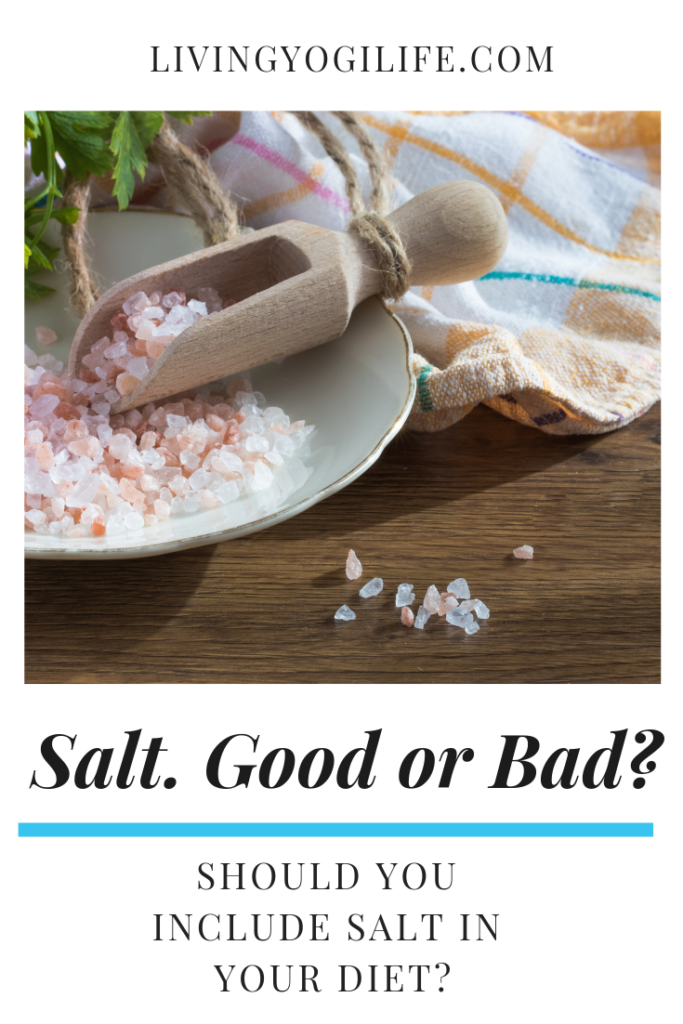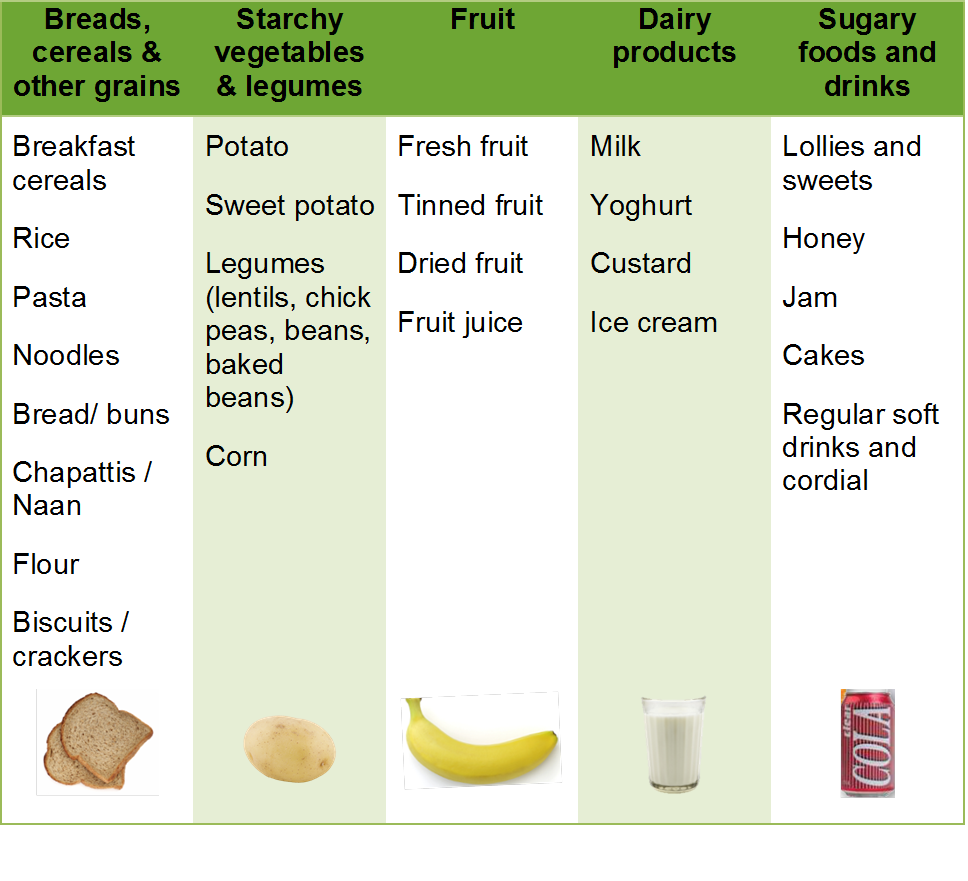
It is important for women to follow proven guidelines and not make common mistakes to keep their health. These include regular medical exams, healthy eating, exercise, and regular medical checkups. HealthifyMe has 12 health tips for women to help them live longer and remain healthy. These tips are based purely on personal experiences. You can also use the information to improve your own health. We hope these tips will be helpful to you. Continue reading for additional information. They might also be of use to you.
Exercise
It is important for women to regularly exercise as this relieves stress and improves their overall health. Many women are too busy with their household chores, children rearing, and paid work to make time for exercise. But the truth is that even ten minutes of physical activity has the same health benefits as a longer exercise session. There are many home-based exercise options that you can do even if you don't have the time to go to a gym for a 30-minute workout.
Healthy eating
A good diet for women consists of a variety of healthy foods, including plenty of fruits and vegetables, low-fat dairy products, and lean protein. Women should try to eat as many different kinds of vegetables and fruits as possible, and avoid highly processed foods. Lean cuts of chicken and beef are best for women when it comes to protein sources. These meats are high in quality protein. Women need to consume different amounts at different stages of their life.

Stress management
Many experts recommend that women adopt a healthy lifestyle and manage stress. These include healthy eating, regular exercise and a positive attitude. Talk to your doctor about creating a customized stress management plan if you have trouble managing stress. It is crucial to take good care of yourself at all levels. Stress can have numerous negative effects on your body, mind, and spirit. If you feel like you're drowning in your stress, consider taking steps to reduce it.
Regular medical screenings
Regular medical screenings for women can prevent many diseases, but some women need to start earlier than others. For example, over 30 percent of American adults have high cholesterol, which puts them at risk for heart disease and stroke. It's important to talk to your doctor about this condition if you have a family history. High blood pressure (also known as "silent killer") is another common health risk.
Maintaining a healthy weight
It is crucial to control a woman’s weight for her overall health and well-being. For a healthy weight, eating well and getting enough exercise is key. An excess of weight can lead to negative health effects in almost every area of the body, including mood, reproductive, respiratory, cognition, cognition, and cognition. Overweight and obesity increase a woman’s risk of developing a variety conditions including diabetes and heart disease.

Get enough sleep
It is important to get enough rest for your mental and physical health. Adults need 7 to 8 hours sleep each night. However, one-third of Americans do not get that amount. Although both men and women have similar sleep problems, the majority of women suffer from more. Insufficient sleep has more negative effects on women than does it for men. National Women's Health Week will be held May 10-16. Women should make getting enough sleep a priority.
FAQ
How can I prevent my mental health problems from happening?
Preventing mental health issues is easier said than done. But, here are some tips to keep in mind:
-
Don't drink alcohol. The effects of alcohol on moods can lead to depression.
-
Avoid drugs. Drugs can affect your brain chemistry and make you feel worse.
-
Sleep well. Depriving yourself of sleep can lead to anxiety and depression.
-
Exercise regularly. Exercise can release endorphins, which make you happy.
-
Eat healthy foods. Junk food can make you feel lazy and unwell.
-
Spend time with your loved ones. Spending time with those you love can improve your mood.
-
Have fun! Enjoy your life and be open to new experiences.
-
You should take breaks from social media. Social media sites can make people feel lonely and isolated.
-
Be kind to yourself. Treat yourself nicely, even if you aren't feeling great.
-
Ask for help. Ask for help if it's difficult to cope. Talking with a friend or family member is a great way to get help.
-
Remember, it's OK to cry. Crying helps release tension and stress. It doesn’t mean something bad happened.
-
Keep busy. Try doing something you enjoy.
-
Make sure you have good hygiene. A lack of hygiene can make you look unattractive and unclean.
-
Keep connected. Connecting with others will help you stay positive.
-
Learn how you can relax. You can relax by using relaxation techniques such as yoga or meditation to help you manage stress.
-
Find meaning in what you do. Find meaning in your hobby or work can bring you fulfillment.
-
Concentrate on the moment. Concentrate on the present moment and you won't be so worried about the distant future.
-
Set goals. Set goals will motivate you to achieve them.
-
Do something nice for yourself. Doing something nice for yourself can boost your self-esteem.
-
Practice gratitude. Gratitude helps you to appreciate all of the good things about your life.
-
Volunteer. Volunteering can provide a rewarding way to spend time with friends and make an impact on the world.
-
Give back. Giving back to others can make you feel fulfilled.
-
Watch out for warning signs. Don't be afraid to ask for help if your behavior changes.
Why is mental wellbeing important?
Mental health is essential for everyone. If you don't feel well mentally, you won't be able to do anything else. A healthy mind is vital.
Stress can cause mental problems and even physical symptoms. This can cause physical problems such headaches, stomachaches, backaches, or other symptoms. For our minds and bodies to be healthy, we need to take care of ourselves.
These are 5 ways to improve your mental and/or emotional health.
-
Exercise – This is a great way to improve brain function and increase energy levels.
-
Sleep - Getting enough sleep helps reduce stress and anxiety.
-
Nutrition – Eat healthy foods, such as fruits or vegetables, to keep your body strong.
-
Meditation - Meditation regularly can help reduce stress and anxiety.
-
Socialization - Spending quality time with family and friends keeps us happy.
How can you improve your wellbeing?
Wellbeing refers to "the state or condition of being physically, mentally, spiritually, and socially well." There are many factors that can impact our well-being. The first step to improving your well-being is identifying what aspects of your life need improvement. Next, take steps to improve these aspects.
Here are five tips to boost your well-being.
-
Exercise - It boosts endorphins, which can make us happier.
-
Sleep - Sleeping for more than six hours a night reduces anxiety and stress.
-
Nutrition - Healthy eating (such as fruits, vegetables and meats) can improve your mood.
-
Meditation – Meditation reduces stress and anxiety.
-
Socialization: Spending quality time together with our families and friends makes us happy.
Why is it essential to improve emotional health?
For happiness and well-being, emotional health is crucial. If you don't feel emotionally healthy, you won't be able to perform at your best. People suffering from depression often feel unable or unwilling to work. People with depression may also have anxiety, panic attacks and insomnia. The good news about these conditions is that they can be successfully treated using medication and therapy.
How does one know if he/she has a mental illness?
If a person experiences symptoms that affect their daily lives, they may be diagnosed as having a mental disorder. The symptoms of mental illnesses can vary from one person to another. The most common symptoms of mental illness are sadness, anger, guilt, hopelessness and loneliness.
A person could also be diagnosed with mental disorders if they meet the following criteria:
-
Troubled thoughts or feelings
-
Disturbed behavior
-
Disturbance in functioning
-
Impairment in the ability to relate to others
Is mental well-being more important than working?
Everyone's mental health is important, especially when working. If you feel stressed at work, you should try to relax by doing something fun like going out with friends, taking a walk outside, or listening to music.
If you find that you cannot relax, you should talk to your boss or supervisor. You may find solutions to your stress through them.
It is also important to take care of your health. It's important to eat right, exercise regularly, take enough rest, and get plenty of sleep.
Statistics
- According to the National Alliance of Mental Illness (NAMI), one in five Americans experiences mental health issues which translates to more than 40 million adults a year. (doctorondemand.com)
- Similarly, while there is some agreement about the boundaries of typical mental disorders 2, there is likely less agreement about those for positive mental health. (ncbi.nlm.nih.gov)
- Similarly, for positive mental health, there is likely to be substantial agreement about some typical components (e.g., resilience to stress) 6, and controversy about more atypical components (e.g., career consolidation). (ncbi.nlm.nih.gov)
- Neuropsychiatric diseases are the leading cause of death and disability in the U.S., accounting for 18.7 percent of all years of potential lifespan loss and premature mortality.
- It does have some influence, but not nearly as much as we might think, so focusing less on attaining wealth will likely make you happier (Aknin, Norton, & Dunn, 2009); (positivepsychology.com)
External Links
How To
How To Determine If One Needs To Ask For Help From A Mental Health Expert
These signs will help you determine if you should seek professional help. If you are noticing any warning signs, consult a doctor.
-
It's as if you feel out of control.
-
You are having difficulty sleeping.
-
Concentration can make your mind race.
-
You start to think about suicide.
-
You feel helpless.
-
It's as if life is too hard.
-
You are losing interest in the things you once loved.
-
You've stopped eating.
-
You have become withdrawn.
-
You have started using drugs or alcohol to cope with stress.
-
You are losing friends or family.
-
You may have also experienced headaches, stomachaches or backaches, and chest pains.
If you have any of these symptoms, it is important to immediately see a doctor.